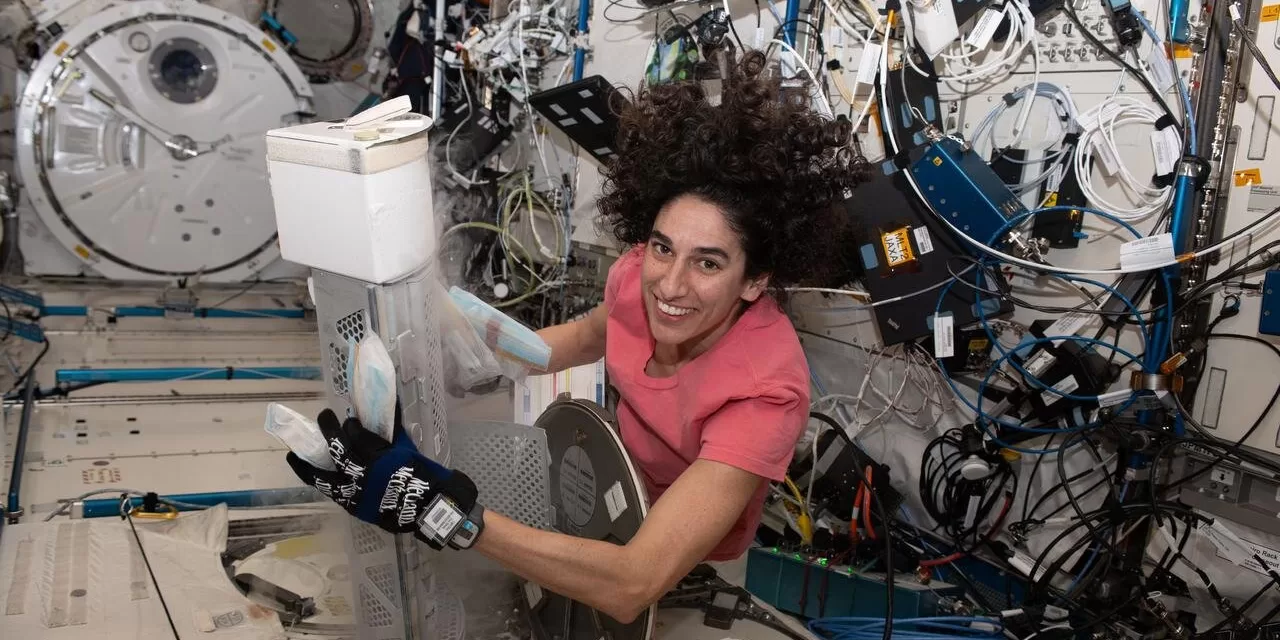Atlanta, GA – A groundbreaking study led by Emory University researchers has revealed that heart muscle cells can not only survive but also thrive in the microgravity environment of space. These findings, published in the journal Biomaterials, offer a beacon of hope for developing more robust heart cells for cell therapy, a promising approach to repairing damaged hearts.
“Cell therapy aims to regenerate heart muscle,” explains Professor Chunhui Xu from the Emory University School of Medicine. “However, a major hurdle is cell survival. Once the heart is injured, it struggles to regenerate, and many transplanted cells perish.”
Inspired by previous research showing accelerated growth of cancer cells in space, Xu’s team initially simulated microgravity on Earth using a random positioning machine. This device constantly shifted the cells, preventing them from adapting to a consistent “up” or “down.” The enhanced survival observed in these simulated microgravity conditions prompted the team to investigate the potential benefits of actual spaceflight.
The researchers sent bundles of engineered heart muscle cells, derived from human stem cells, to the International Space Station (ISS). These cell bundles, designed to mimic the structure and function of the human heart, were meticulously monitored by astronauts.
Upon their return to Earth, the space-faring cells exhibited distinct molecular changes compared to their Earth-bound counterparts. Notably, they displayed increased production of proteins crucial for cell survival.
“Spaceflight appears to trigger molecular adaptations in heart cells, enhancing their resilience,” says Professor Xu.
This research provides valuable insights into how microgravity influences cellular behavior. While sending cells to space for treatment is impractical, the study paves the way for identifying and mimicking these space-induced molecular changes in ground-based laboratories.
“Our goal is to decipher the molecular mechanisms that enhance cell survival in space,” emphasizes Professor Xu. “By understanding these changes, we can develop innovative strategies to create hardier heart cells for more effective cell therapy on Earth.”
This research holds immense potential for revolutionizing heart disease treatment by improving the success rates of cell-based therapies and offering renewed hope for patients with heart failure.
Disclaimer: This is a simplified news article based on the provided information.
Note: This article is for informational purposes only and does not constitute medical advice.












